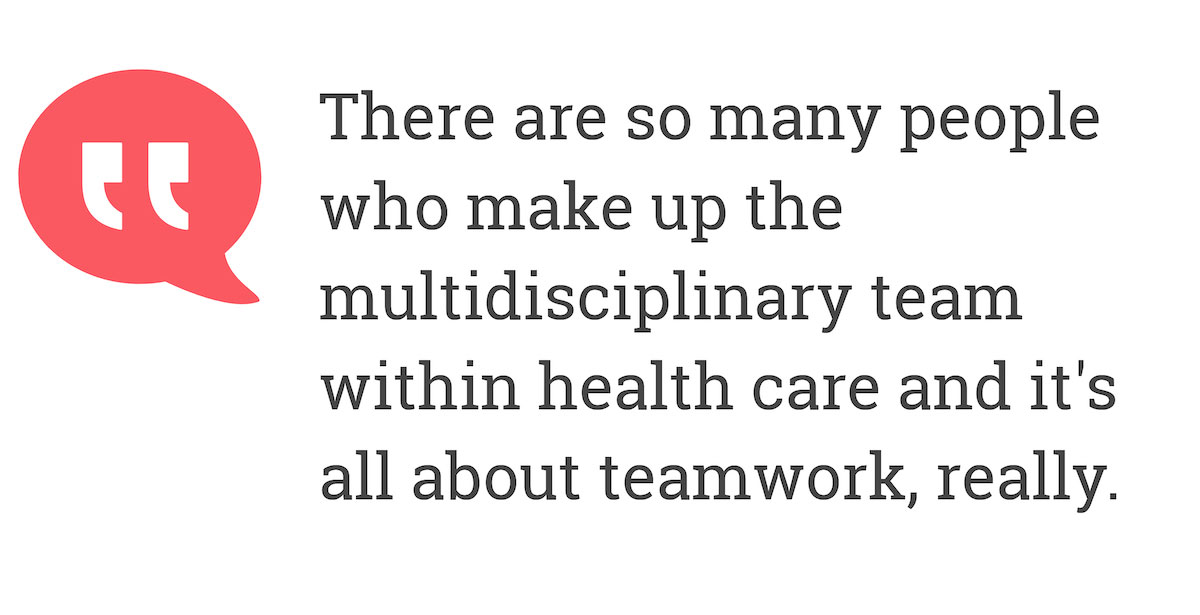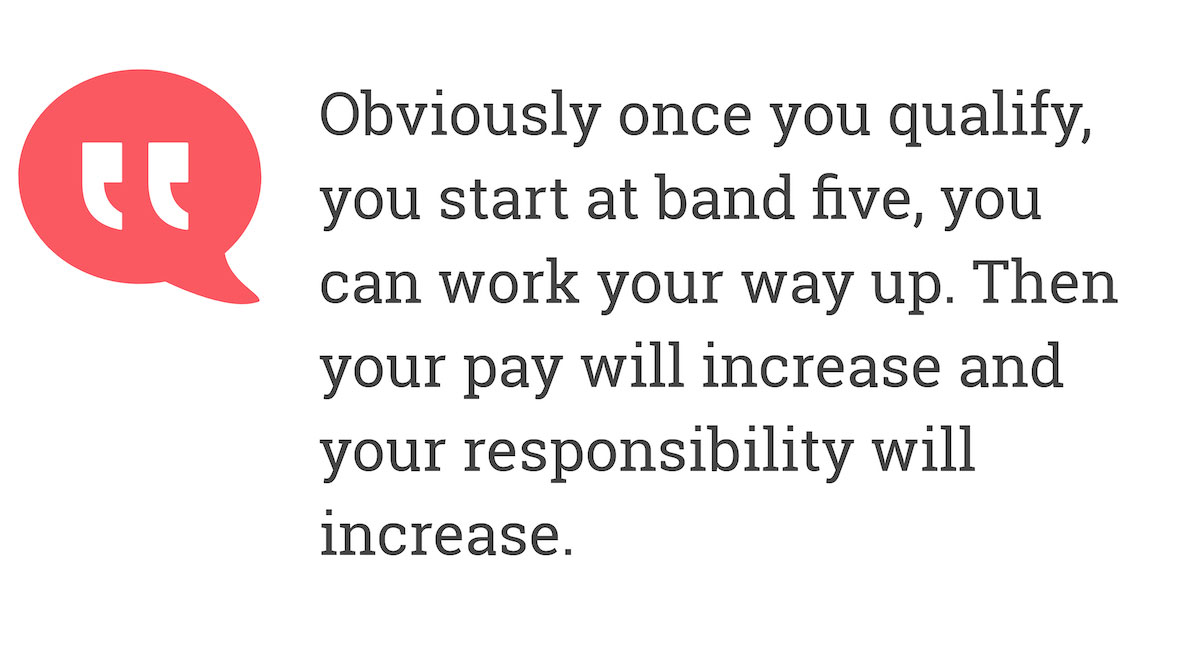Student Nurse, Alexandria, outlines the role of Children’s Nurse, describing a typical day in the role as well as why she chose it as specialism.
Topics covered in this article
What Does A Children’s Nurse Do?
What Type Of Work Does A Children’s Nurse Do?
Why Is Children's Nursing Important?
What Kind Of Symptoms Do Children's Nurses Treat?
What Are The Main Duties Of A Children's Nurse?
Where Does A Children's Nurse Fit In The Process Of Patient Care?
What Are The Kinds Of Different Settings And Places Of Practice That Children's Nurses Can Work In?
What Are The Typical Children's Nursing Jobs In The NHS?
Are There Children's Nursing Jobs In The Private Sector That Aren't Available In The NHS?
What Are The Career Opportunities In Children's Nursing?
A Brief History Of Children's Nursing
A Brief Outline Of A Day In The Life Of A Children's Nurse
Introduction
Hi guys. If you haven't seen me before, my name is Alexandria, or Alex, and I have just finished my second year of studying Children's Nursing.
So I'm going into my third and final year.
This is a video I feel like probably should've been made a long, long, long time ago, which is just simply talking about the role of a Children's Nurse, what that means.
Because for some people, they don't really know about the extent of the versatility of the role, so I'm hoping that I can make that a little bit clearer for some people who may want to know more.
Just a disclaimer, obviously I am a student, so some things I may not fully know, so if you have anything to add in the comments, please add them.
I've just been doing my own research and been going off my own experience and knowledge as a student.










About this contributor
Children's Nurse
I'm a Newly Registered Nurse specialising in Children’s Nursing, which I have a great passion for. I feel very strongly about equal treatment and care for everyone, as it sets all children and young people up for the best future possible! I create vlogs following my Nursing journey and advice videos to help others along their own journeys too.
More by this contributorWant to get involved in the discussion?
Log In Subscribe to commentKate Johnson
Kate Johnson
11 months agoI'd love to become a children's nurse when I'm older
I'd love to become a children's nurse when I'm older
read less